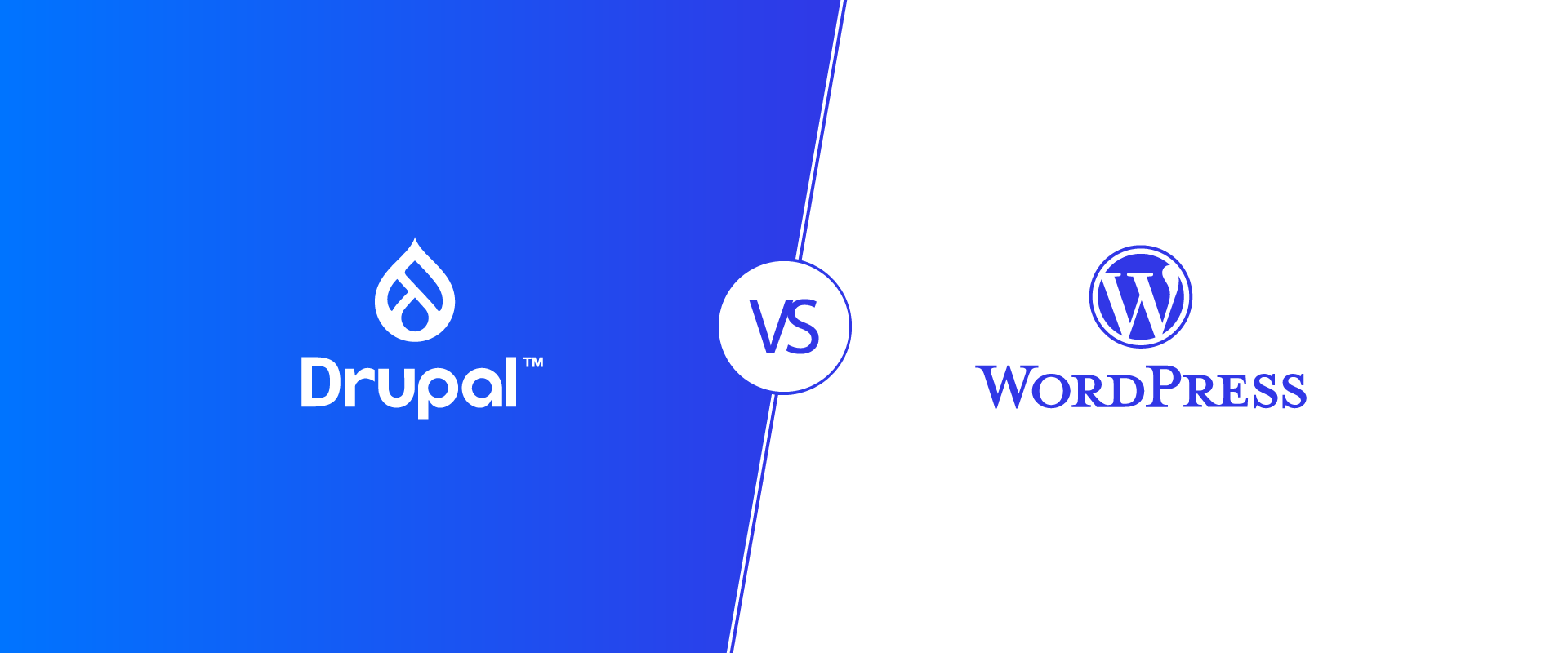

Let's go over 5 considerations to account for when choosing your CMS (content management system).
Allow me to preface this article by saying that if you need a website for your small business, or a blogging solution with content management features and without super complex web integrations involved, just use or keep your WordPress website.
Read the remaining paragraphs below at another time when you might be looking for an enterprise-level web application with thousands of pages and entities that are well-categorized with taxonomies, different content types that are well-structured with fields, and complex data relationships with hundreds of editors constantly adding content to it.
You probably already know where I am going with this, right?

1. Large Websites: If you know your website will contain a lot of content, tons of editors will be adding draft content, and several revisions will be adjusted before content gets published, then Drupal will certainly help with the content moderation workflow available as a core capability. Also, the powerful Drupal Search API module with SOLR is able to retrieve super fast results with facets, which is extraordinarily useful to search through categorized content.

2. Access Control: Drupal is helpful when you need different levels of access to the site and its content. You can allow a group of users to edit a specific piece of content, while other users are prevented from visualizing or editing it. Perhaps your organization requires granular control over the actions allowed to be performed and administrative features to be only available for special users. Thus, Drupal core offers a robust management system for user roles and permissions that can be fine-tuned to your application, allowing fine-grained permission access and the ability to add unlimited user roles out of the box.

3. Security: Here is where the Drupal Security Advisory team shines, providing excellent monitoring and fixes for security breaches for core and for stable releases of contributed modules (plugins). From time to time, we are asked to help with WordPress sites from universities that were hacked—a situation that we (fortunately) have not experienced with Drupal… and I am confident it will continue this way. As you know, WordPress is a more frequent target for hackers than Drupal due to its popularity. According to security reports from GoDaddy/Sucuri, 90 percent of all the hacked content management systems investigated were WordPress sites.

4. Multilingual Projects: In Drupal, you can add languages to translate your content and the admin interface. Multilingual functionality is provided in Drupal core, whereas WordPress sites need to turn to third-party plugins.

5. Complex Integrations: Drupal is more than a content management system. It's a versatile framework that experienced developers can rely on to build third-party integrations and custom solutions for your organization. Drupal API and its documentation are top notch and well maintained by the tireless Drupal community. Therefore, it can be customized to fit your needs enabling the automation of repetitive tasks in your organization. Consequently, you and your team can focus into other important activities.
In a nutshell, WordPress may be a good option for small businesses looking to quickly build a website on a smaller budget. It provides themes and plugins you can use to build a simple website, list your blog posts, introduce your product, and present your company. If your organization is looking for a more customizable and flexible solution, with complex integrations, several user roles, and tailored permission access, then Drupal is the better choice to build the website of your dreams.
As you may notice, we are totally biased towards Drupal. I have provided WordPress development in the past, but after a few projects, decided to walk away from it (one of the good decisions I made in my life). Therefore, we have dedicated the last decades of our lives working daily in Drupal development. We love it, and we love making it better every day. If you are building a website with a complex data structure requiring a scalable, secure, and robust solution, then connect with us.